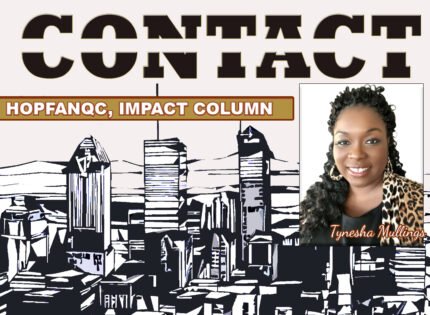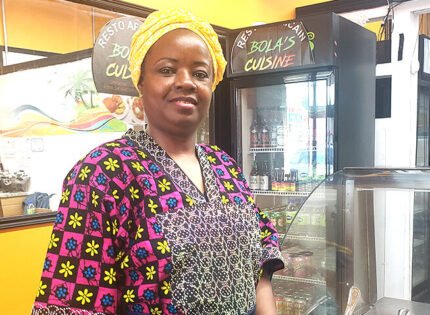
The struggle continues in Sudan

Omar Al-Bashir, Sudan’s président for thé past thirty years was ousted on April 11. Al-Bashir, is wanted by the international war crimes tribunal for atrocities in Darfur. He seized power in a bloodless coup back in 1989, and somehow managed his way through countless national crises.
Initially the toppling of the 30 year reign raised hopes in the country that a more inclusive civilian rule may follow. However, the ruling military council that then took power has been in conflict with protesters demanding civilian rule. That transition has been halting and is fraught with risk, with the old military regime showing little appetite for real change. The internet has been shut down on several instances nonetheless social media has been essential in keeping the world abreast with the things that have been happening in the country. With influencers tweeting pictures and posting statistics of the mortality rate.
Paramilitary soldiers from the Rapid Support Forces continue to patrol city streets after killing more than 100 Sudanese who had been protesting outside military headquarters on Monday. Unlike the regular Sudanese army, the RSF has a reputation for cruelty, honed through decades of fighting in the western Sudanese province, Darfur. There, they fight under a different name: the Janjaweed.
The military began arresting opposition figures who took part in last week’s mediation effort by the Ethiopian Prime Minister, Abiy Ahmed. The arrests took place just after the talks.
Mr Abiy is due to return but hope is dwindling.
Medics report that more than 70 cases of rape have been reported in hospitals and the death toll is up to 118 and about 40 bodies have been pulled out of the Nile.
The African Union has rightly suspended the country’s membership. Western and Gulf powers should take urgent steps to compel Sudan’s interim leaders to accept a civilian-led transitional administration.
While the west took immediate action for the fire in Notre Dame, France it is sad to note the inaction of the west as bodies float in the Nile.

South Africa, Nigeria and Cameroon represent in Women’s World Cup
The 2019 Women’s World Cup kicked off on Friday June 7, with 24 teams competing to be the champs of the game over the month-long tournament in France.
The 24 teams are divided into six groups. Africa’s representatives are Nigeria’s Super Falcons, Banyana Banyana of South Africa and the Indomitable Lionesses of Cameroon.
Two of Africa’s reps took to the field on Saturday recording loses by three goals each. South Africa were beaten three – one by Spain whiles Norway crushed Nigeria by three unanswered goals. Cameroon on Monday also lost narrowly to Canada, 1 – 0.
All the teams get to play three games each do there is no discounting any of the African queens as it is only the beginning.















